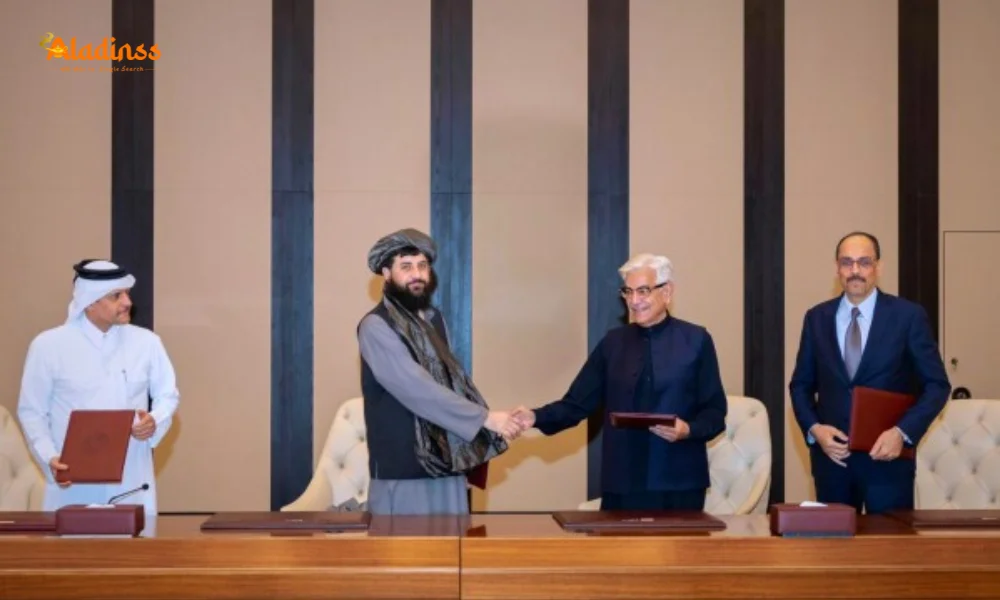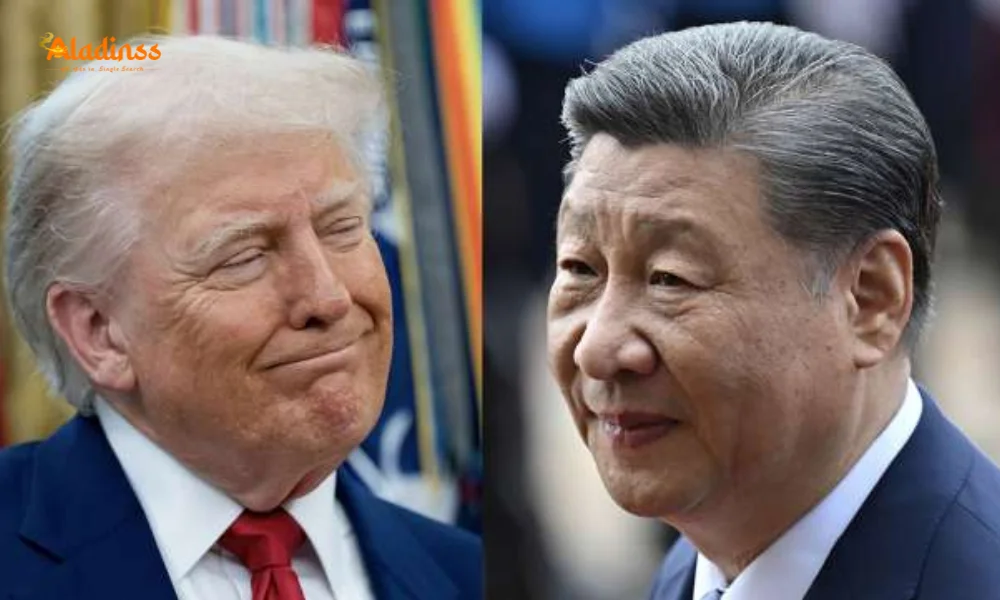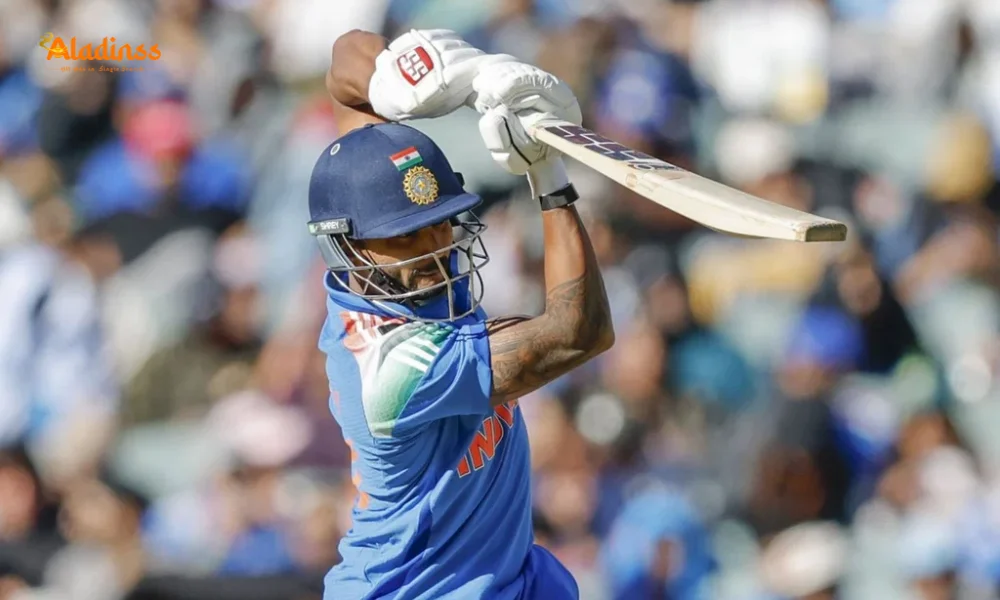Ex-CIA Officer Claims Pakistan’s Nuclear Weapons Are Controlled by the Pentagon
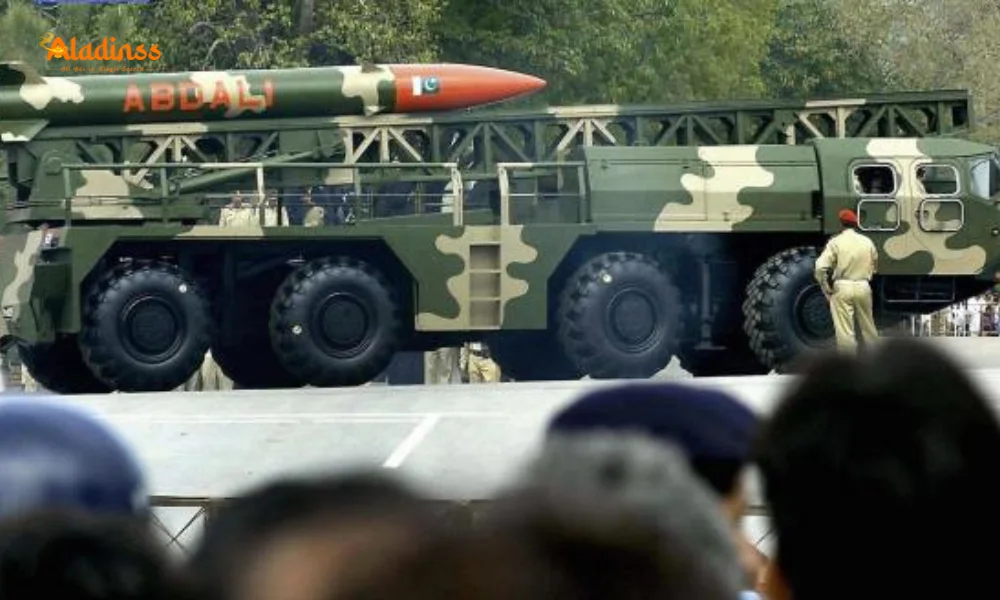
Ex-CIA Officer: Pakistan Gave Pentagon Nuke Control Under Musharraf
In a stunning revelation, former CIA officer John Kiriakou claimed that Pakistan, under General Pervez Musharraf, handed over control of its nuclear arsenal to the U.S. Pentagon in 2002. Speaking to ANI, Kiriakou, who was stationed in Pakistan during that period, alleged that the U.S. essentially “purchased” Musharraf’s cooperation post-9/11, securing Pakistan as a key ally in the War on Terror. This disclosure raises critical questions about Pakistan’s nuclear sovereignty and its dual role in supporting terrorism against India while aligning with U.S. counterterrorism efforts.
Kiriakou’s statements highlight the complex dynamics of U.S.-Pakistan relations during the early 2000s, when Pakistan received billions in aid to support the U.S. campaign in Afghanistan. However, he also accused Musharraf of maintaining a delicate balance, appeasing Pakistan’s military by allowing anti-India terrorist activities to continue. The revelation about the Pentagon’s control over Pakistan’s nuclear weapons adds a new layer to the ongoing debate about nuclear security in South Asia and its implications for India-Pakistan tensions.
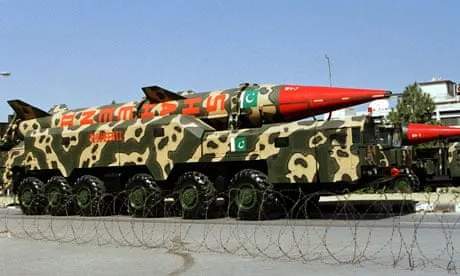
Pentagon’s Alleged Control Over Pakistan’s Nuclear Arsenal
John Kiriakou, a former CIA officer with 15 years of experience, dropped a bombshell during his interview with ANI, claiming that in 2002, he was informally told that the Pentagon had taken control of Pakistan’s nuclear arsenal. “Musharraf had turned control over to the United States,” Kiriakou said, suggesting that this arrangement was kept under wraps, even from close allies like India. This claim, if true, raises serious questions about the autonomy of Pakistan’s nuclear program and the extent of U.S. influence during Musharraf’s regime.
The revelation comes in the context of Pakistan’s role as a frontline ally in the U.S.-led War on Terror following the September 11, 2001 attacks. Kiriakou noted that the U.S. capitalized on its relationship with Musharraf, a military dictator who faced minimal domestic scrutiny, allowing the U.S. to exert significant influence. The alleged control over Pakistan’s nuclear weapons suggests a deeper level of U.S. involvement in Pakistan’s security apparatus than previously acknowledged, potentially impacting regional dynamics with India.
U.S.-Pakistan Relations Post-9/11
Following the 9/11 attacks, Pakistan became a critical partner in the U.S. strategy in Afghanistan. Kiriakou described the U.S.-Pakistan relationship under Musharraf as “very, very good,” driven by substantial financial aid. According to a Congressional Research Service report, the U.S. approved approximately $18 billion in military and economic aid for Pakistan between 2002 and 2011, though only about $8.65 billion was disbursed. This aid included military reimbursements, coalition support funds, and development assistance, aimed at securing Pakistan’s cooperation in counterterrorism and border control.
Kiriakou explained that the U.S. preferred working with dictators like Musharraf because they could bypass public opinion and media scrutiny. “We essentially just purchased Musharraf,” he said, highlighting the transactional nature of the relationship. Regular meetings with Musharraf, sometimes multiple times a week, allowed the U.S. to pursue its objectives in Pakistan with minimal resistance, including operations related to the War on Terror.
Pakistan’s Dual Role: Counterterrorism and Anti-India Activities
Despite its alliance with the U.S., Pakistan maintained a complex and contradictory stance, according to Kiriakou. While Musharraf cooperated with the U.S. on counterterrorism, particularly against Al-Qaeda, he also allowed anti-India militant groups like Lashkar-e-Taiba and Jaish-e-Mohammed to operate. Kiriakou noted that Musharraf had to “keep the military happy,” and since Pakistan’s military prioritized India as its primary concern, he permitted these groups to continue their activities against India.
This duality was acknowledged by U.S. officials, as per a 2008 Council on Foreign Relations analysis, which stated that Washington was aware of Pakistan’s support for anti-India groups but avoided confronting Musharraf too harshly. The U.S. prioritized maintaining Pakistan’s cooperation in Afghanistan, even at the cost of overlooking its role in fostering terrorism against India. This approach created tensions in U.S.-India relations, as India repeatedly called for action against Pakistan-based terror groups.
Implications for India-Pakistan Relations
Kiriakou’s revelations have significant implications for India-Pakistan relations, particularly regarding nuclear security and terrorism. India has long accused Pakistan of using terrorism as a state policy, with groups like Lashkar-e-Taiba and Jaish-e-Mohammed responsible for attacks such as the 2008 Mumbai attacks and the 2019 Pulwama attack. The claim that the Pentagon controlled Pakistan’s nuclear arsenal during Musharraf’s era suggests that Pakistan’s nuclear threats may have been less autonomous than portrayed, potentially altering India’s strategic calculations.
India’s response to Pakistan-sponsored terrorism has been robust, with operations like the 2016 surgical strikes and the 2019 Balakot airstrikes targeting terror infrastructure. Kiriakou’s disclosure about U.S. oversight of Pakistan’s nuclear weapons could embolden India’s stance, reinforcing its resolve to counter terrorism without fear of nuclear escalation. However, it also raises questions about the transparency of nuclear governance in Pakistan and the role of external powers in the region.
Nuclear Security and Regional Stability
The alleged Pentagon control over Pakistan’s nuclear arsenal highlights the broader issue of nuclear security in South Asia. Pakistan’s nuclear program has been a source of concern due to its history of proliferation, notably through figures like Abdul Qadeer Khan. Kiriakou’s claim suggests that the U.S. took steps to mitigate risks associated with Pakistan’s nuclear weapons, possibly to prevent their misuse by rogue elements or during political instability.
This revelation could prompt renewed discussions about the need for transparency in Pakistan’s nuclear program. India, which has maintained a no-first-use nuclear policy, has consistently called for global efforts to prevent nuclear proliferation. The idea that an external power like the U.S. had control over Pakistan’s arsenal underscores the fragility of nuclear command structures in the region and the need for robust safeguards.
Kiriakou’s Credibility and Broader Context
John Kiriakou’s credibility stems from his extensive CIA career, during which he served in both analytical and operational roles. His 2007 whistleblowing on the CIA’s torture program brought him international attention, though it led to legal challenges that were later dropped. His experience in Pakistan provides a unique perspective on U.S.-Pakistan relations and the complexities of counterterrorism cooperation in the region.
Kiriakou’s claims about Musharraf and the Pentagon’s role in Pakistan’s nuclear program align with broader concerns about Pakistan’s reliability as a U.S. ally. The U.S.’s willingness to overlook Pakistan’s support for anti-India terrorism reflects the pragmatic compromises made during the War on Terror. However, these compromises have had lasting consequences, contributing to India’s distrust of Pakistan and its allies.
Path Forward for Regional Peace
Kiriakou’s revelations underscore the need for greater transparency and dialogue in India-Pakistan relations. The historical support for anti-India militant groups by Pakistan’s military has been a major obstacle to peace, and the alleged U.S. control over Pakistan’s nuclear arsenal adds complexity to the issue. India’s proactive counterterrorism measures demonstrate its commitment to national security, but long-term stability requires addressing the root causes of conflict.
The international community, particularly the U.S., must play a role in fostering accountability and preventing the misuse of nuclear capabilities. Kiriakou’s disclosure could prompt renewed calls for diplomatic efforts to de-escalate tensions in South Asia, ensuring that nuclear security is not compromised by geopolitical rivalries. As India continues to strengthen its global position, it will likely press for greater scrutiny of Pakistan’s actions and their implications for regional stability.
Comment / Reply From
No comments yet. Be the first to comment!

